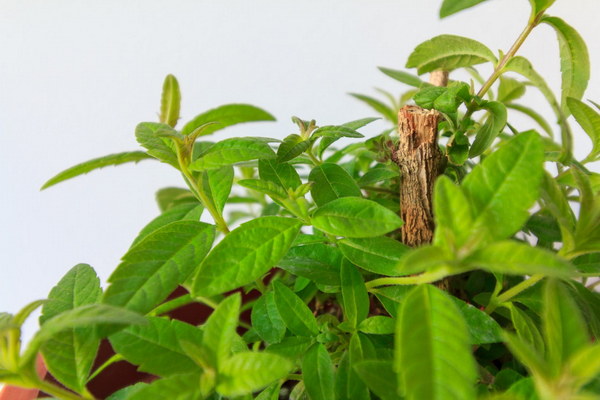Unlocking the Secrets of Acetyl-CoA A Key to Anti-Aging and Longevity
In the quest for eternal youth and longevity, scientists have been exploring various compounds and processes that could potentially slow down the aging process. One such compound that has gained significant attention in recent years is acetyl-CoA. This molecule, often referred to as the master molecule, plays a crucial role in cellular metabolism and has been linked to anti-aging benefits. In this article, we will delve into the fascinating world of acetyl-CoA and its potential role in combating aging.
Acetyl-CoA, a derivative of coenzyme A, is an essential molecule that acts as a central hub in cellular metabolism. It is involved in various biochemical reactions, including energy production, lipid metabolism, and DNA repair. The molecule consists of an acetyl group (CH3CO-) and a coenzyme A molecule (CoA), and its formation occurs through the condensation of a molecule called pyruvate, which is derived from glucose metabolism.
One of the primary reasons why acetyl-CoA has been associated with anti-aging properties is its role in sirtuin activation. Sirtuins are a family of proteins that regulate various cellular processes, including gene expression, DNA repair, and cellular stress response. Studies have shown that activating sirtuins can lead to increased longevity and improved healthspan in organisms.
Acetyl-CoA has been found to activate sirtuins through various mechanisms. For instance, it can enhance the expression of sirtuin genes, increase the levels of sirtuin proteins, and promote the recruitment of sirtuins to specific DNA sequences. By doing so, acetyl-CoA helps regulate the expression of genes involved in aging and stress resistance.
Furthermore, acetyl-CoA has been shown to have direct anti-aging effects on cells. In a study published in the journal Cell, researchers demonstrated that acetyl-CoA can extend the lifespan of yeast cells by activating sirtuins. Similar findings have been observed in other organisms, including nematodes and fruit flies.
The anti-aging effects of acetyl-CoA are not limited to cellular longevity. This molecule has also been associated with improved cognitive function, reduced inflammation, and increased antioxidant activity. These benefits are believed to be a result of acetyl-CoA's role in modulating cellular signaling pathways and metabolic processes.
One of the most intriguing aspects of acetyl-CoA is its potential to counteract the effects of oxidative stress, a major contributor to aging. Oxidative stress occurs when there is an imbalance between the production of reactive oxygen species (ROS) and the body's ability to neutralize them. This imbalance can lead to cellular damage, DNA mutations, and the acceleration of the aging process.

Acetyl-CoA has been found to act as a potent antioxidant, scavenging ROS and protecting cells from oxidative damage. This protective effect is thought to contribute to its anti-aging properties. Moreover, acetyl-CoA has been shown to enhance the activity of antioxidants, such as glutathione and vitamin E, further strengthening the body's defense against oxidative stress.
While the anti-aging potential of acetyl-CoA is promising, it is essential to note that the research is still in its early stages. More studies are needed to fully understand the mechanisms by which acetyl-CoA exerts its anti-aging effects and to determine the optimal dosages and delivery methods for humans.
In conclusion, acetyl-CoA, a master molecule in cellular metabolism, holds great promise as an anti-aging compound. Its ability to activate sirtuins, counteract oxidative stress, and improve cellular function suggests that it could play a crucial role in extending lifespan and enhancing healthspan. As research continues to unfold, we may soon uncover the full potential of acetyl-CoA in the fight against aging.









